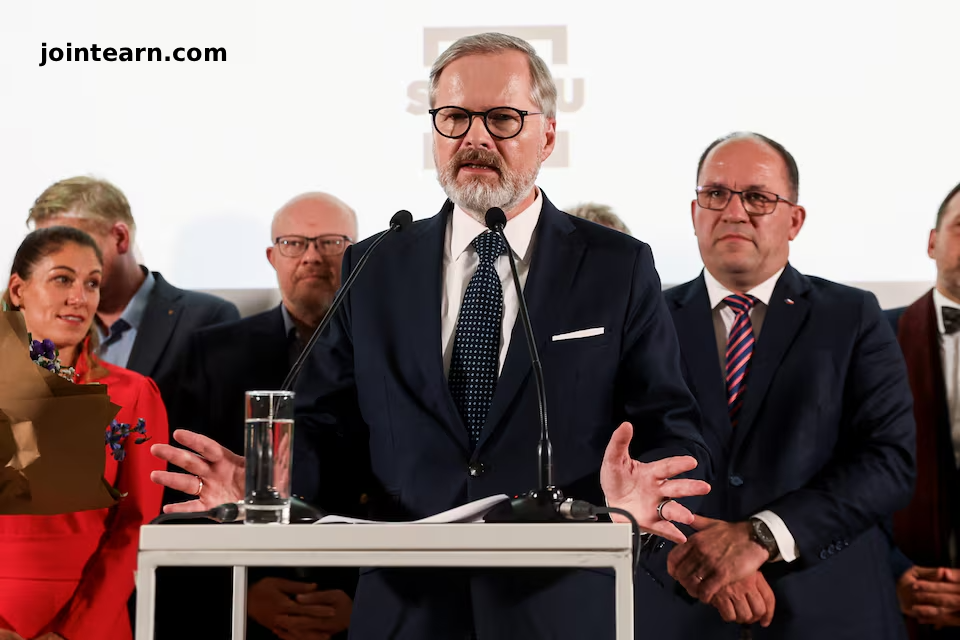
The Czech Republic’s populist party ANO, poised to form the next government after its recent election victory, signaled that it may keep the outgoing cabinet’s proposed 2026 budget deficit target unchanged. The move is aimed at ensuring a swift passage of the budget before the end of the year, preventing potential disruptions to government spending and investments.
Key Highlights
- ANO considers retaining the 2026 deficit target of 286 billion crowns ($13.74 billion)
- Outgoing government deficit in 2025 was 241 billion crowns
- New government may make adjustments during the budget’s second reading
- Early approval avoids provisional budget restrictions in 2026
Background: Fiscal Policy and Election Context
The outgoing centre-right government, led by Prime Minister Petr Fiala of the Civic Democratic Party (ODS) and the Spolu coalition, has brought public finances in line with European Union rules. The government submitted a central state budget draft with a 286 billion crown deficit, slightly higher than 2025’s 241 billion crowns.
Analysts anticipate that the incoming ANO government, led by billionaire former Prime Minister Andrej Babis, may introduce fiscal loosening policies, including tax cuts, higher wages and pensions, and increased spending on benefits such as mortgage subsidies.
ANO’s Strategy to Expedite the Budget
ANO official Alena Schillerova emphasized that keeping the deficit target unchanged would allow the new government to advance the budget legislation efficiently, avoiding delays that could result in a provisional budget at the start of 2026. A provisional budget limits spending, potentially affecting public investments and services.
Schillerova added that modifications to the budget would occur during the second reading, allowing reallocations among chapters, but the overall revenue and spending figures would remain fixed. She stated:
“We will definitely change the current draft in a second reading so that it is approved by the end of the year and we don’t have to go into a provisional budget.”
Parliamentary Dynamics
The new parliament convenes on November 3, and Babis’s government could be in place by December. ANO is negotiating a ruling coalition with the far-right SPD party and the right-wing Motorists, who support fiscal discipline, potentially moderating some of ANO’s more ambitious spending plans.
Fiala has indicated he may support re-submitting the previous deficit target, which would allow Parliament to approve it without delays, ensuring continuity in the legislative process.
Fiscal Discipline and EU Compliance
Fiala’s government successfully reduced the fiscal gap to around 2% of GDP, below the EU ceiling of 3%. This compliance underscores the country’s commitment to sound public finances while providing a stable foundation for the next administration to implement selective policy changes.
The combination of early budget approval, coalition negotiations, and careful fiscal planning is expected to stabilize the Czech economy and maintain investor confidence as the country transitions to new leadership.


Leave a Reply